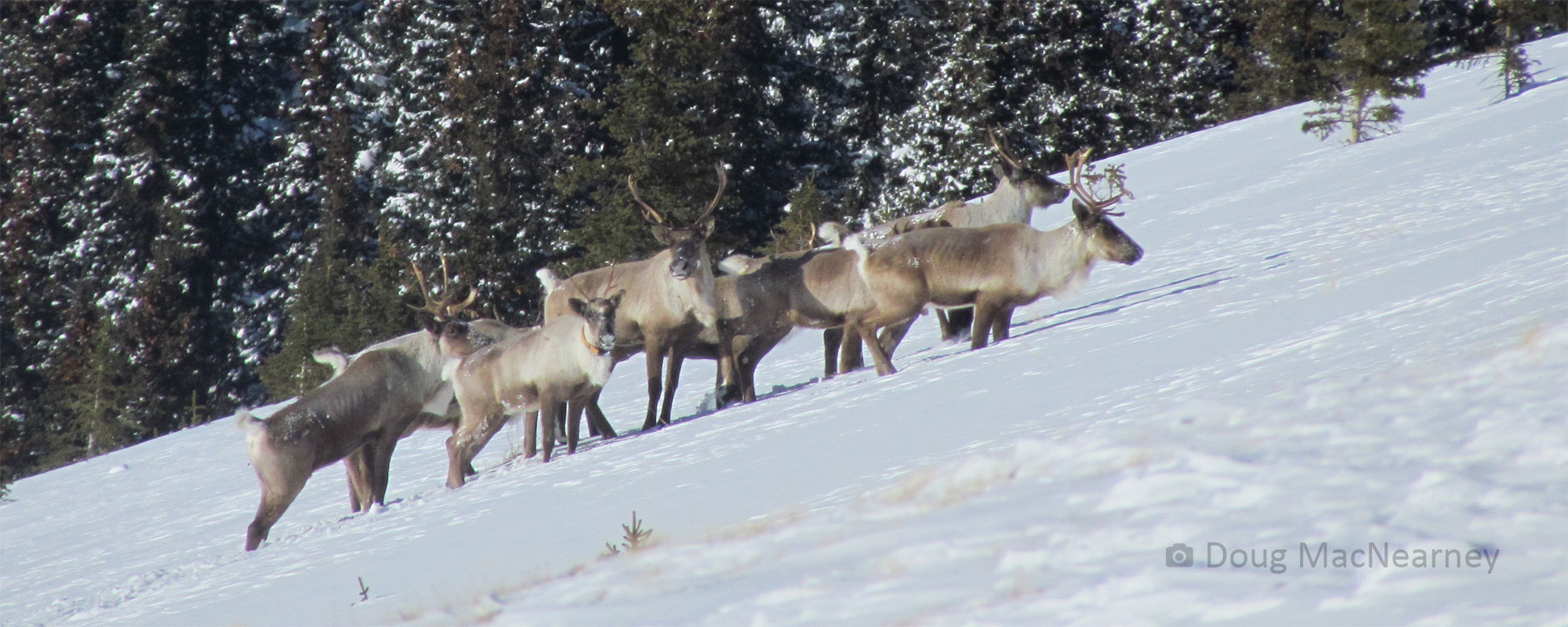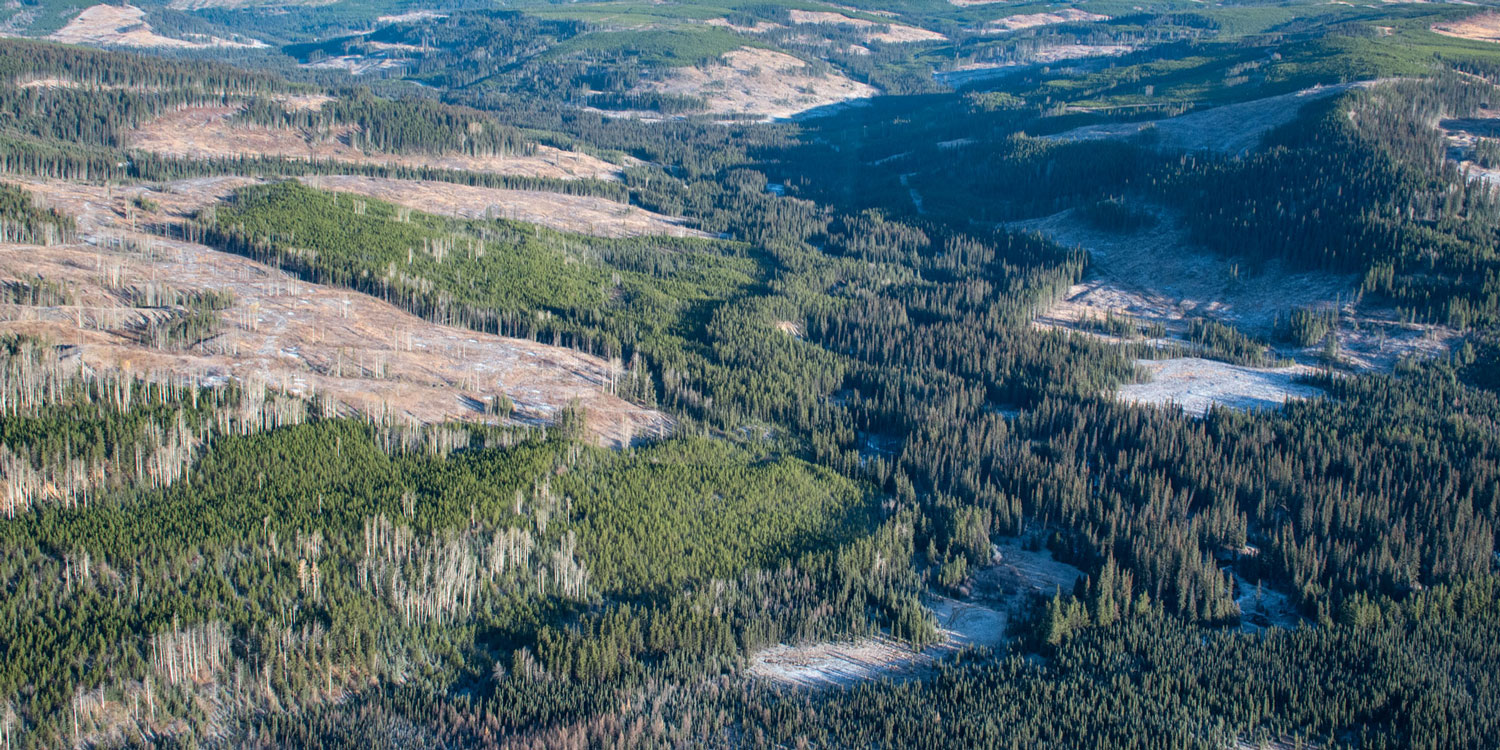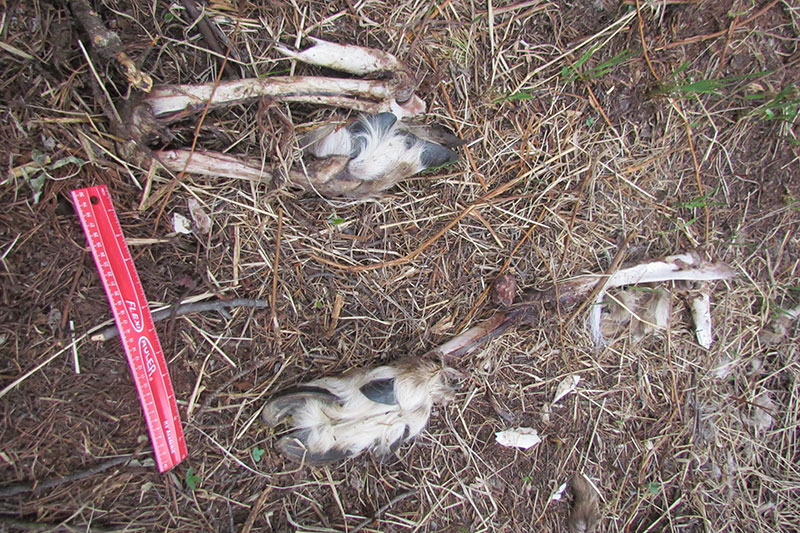
Abstract
In western Canada, anthropogenic disturbances resulting from resource extraction activities are associated with habitat loss and altered predator–prey dynamics. These habitat changes are linked to increased predation risk and unsustainable mortality rates for caribou (Rangifer tarandus caribou). To inform effective habitat restoration, our goal was to examine whether specific linear disturbance features were associated with caribou predation in central mountain caribou ranges. We used predation‐caused caribou mortalities and caribou GPS‐collar data collected between 2008 and 2015 to assess caribou predation risk within and outside of protected areas at four spatio‐temporal scales: habitat use during the (a) 30 days, (b) 7 days, and (c) 24 hours prior to caribou being killed, and (d) characteristics at caribou kill site locations. Outside of protected areas, predation risk increased closer to pipelines, seismic lines, and streams. Within protected areas, predation risk increased closer to alpine habitat. Factors predicting predation risk differed among spatio‐temporal scales and linear feature types: predation risk increased closer to pipelines during the 30 and 7 days prior to caribou being killed and closer to seismic lines during the 30 days, 7 days, and 24 hours prior, but decreased closer to roads during the 30 days prior to being killed. By assessing habitat use prior to caribou being killed, we identified caribou predation risk factors that would not have been detected by analysis of kill site locations alone. These results provide further evidence that restoration of anthropogenic linear disturbance features should be an immediate priority for caribou recovery in central mountain caribou ranges.
Citation
McKay, TL, Pigeon, KE, Larsen, TA, Finnegan, LA. Close encounters of the fatal kind: Landscape features associated with central mountain caribou mortalities. Ecol Evol. 2021; 00: 1– 15. https://doi.org/10.1002/ece3.7190









